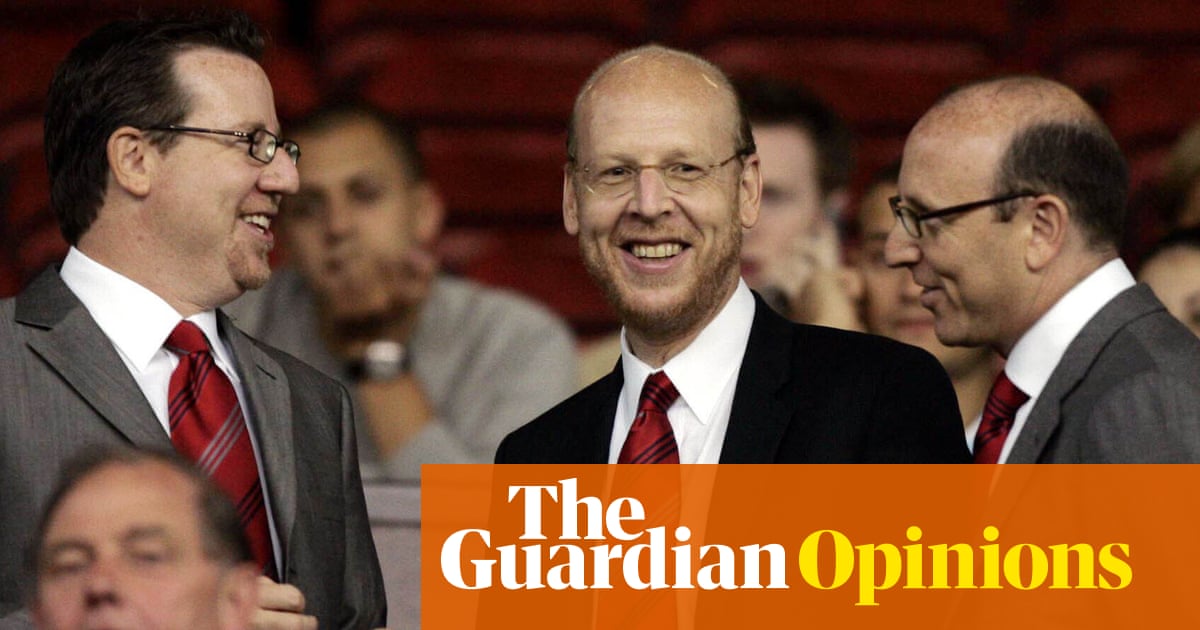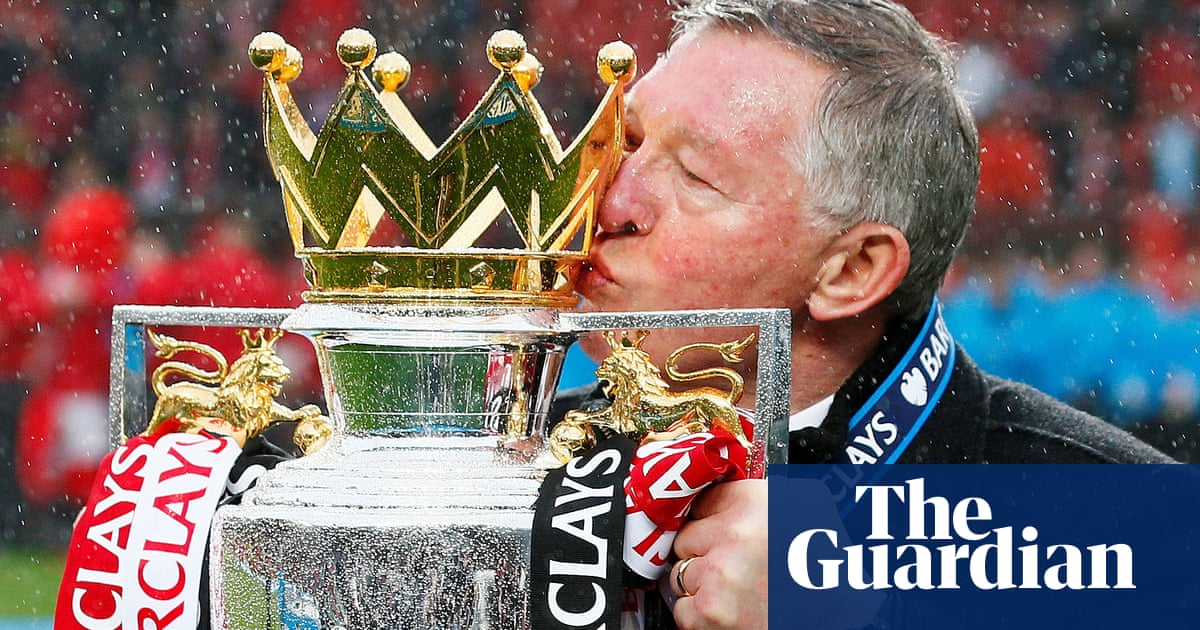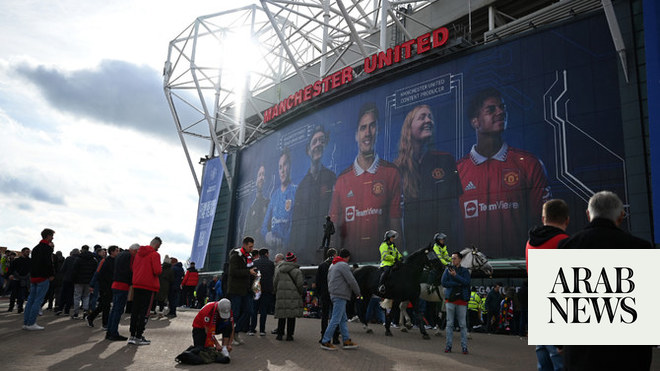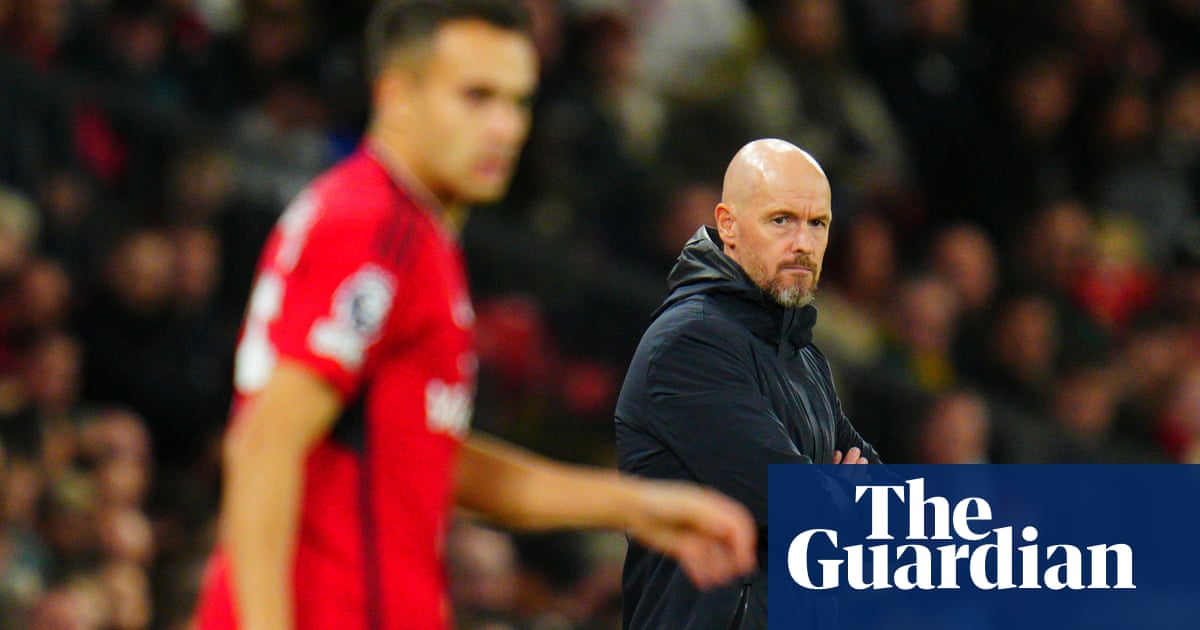
A football journalist should never welcome the departure of a leading manager, particularly one as notable and quotable as José Mourinho.
The guy has been good copy over the last decade and a bit, and remained so right up to the end. Although Manchester United trail forlornly in Manchester City’s wake in most aspects of football relating to the pitch, if you could pick up points for entertaining press conferences or providing pithy replies to questions rather than attempting to defuse them the situation could well be reversed.
It was the football that caught up with Mourinho. He was found on the pitch, exposed as one-dimensional, stubborn and unimaginative, and though English football has undoubtedly lost one of its outstanding performers and truest claims to fame – many would argue the Premier League got properly going only when Chelsea arrived to get up the noses of Manchester United and Arsenal – the fact is life was getting pretty repetitive around Old Trafford and not in a good way.
United have been a stuck record since Sir Alex Ferguson stepped aside. Although Mourinho at least tried to give the impression he was either bigger than the club or better than it deserved – possibly not the smartest way to court popularity – United still ended up pulling the rug from under him in a manner similar to their brusque treatment of David Moyes and Louis van Gaal, despite backing their latest manager with expensive signings.
The only complaint Mourinho could have on that score was that United were not quite matching City in the expenditure stakes, though presumably he took the job fully cognisant of the fact a combination of Pep Guardiola’s charisma and Abu Dhabi wealth would make the neighbors much more of a threat than the noisy nuisance they proved for Ferguson.
Mourinho and Ed Woodward had been at odds all season over United’s spending and recruitment strategy, and it should not have been too difficult to foresee the upcoming transfer window potentially causing a problem when the club’s record signing had spent his last few games on the bench.
If Paul Pogba was intended as a statement signing, proof United could still attract and afford the best talent around, it ended up making the wrong sort of statement. Should Pogba leave, the statement will still be wrong but stronger. This is because, as Mourinho admitted a month ago, United are experiencing nothing but difficulty in attracting and accommodating the players they want and need.
There are wealthier clubs around, clubs that can promise a less rocky path to Champions League football, clubs with stadiums that are not full of put-upon supporters wincing at the present dross while eulogizing about the good old days, and clubs with infinitely better prospects of winning something major quite soon.
United are no longer a trophy-winning machine, no longer the sort of club that sell themselves to a player before his agent even picks up the phone. As the club have gradually fallen away in the last five years so others have risen or reinvented themselves. In the past a club such as United, or Liverpool before them, could take advantage of complete dominance by judiciously adding a striker from Tottenham here or a center-half from Leeds there, simultaneously strengthening themselves, weakening their rivals and usually making the player’s dreams come true in the process.
The era of one-club domination seems now to be over. Not even City, with all their riches, are likely to find themselves in as powerful a position as Liverpool in the 80s or United for the two decades afterwards. City may give the impression they are on their way to invincibility but they were rumbled by Liverpool and Wigan last season, have just been knocked off the top of the table through defeat at Chelsea and there is reason to suppose, given the surprising result when Guardiola was suspended for a single game against Lyon earlier in the season, that they will have a succession problem of their own to contend with when their manager moves on.
To his credit, Mourinho made this very point just before he was moved out. He said it was a little unfair for his best efforts to be compared with the impossibly illustrious past, because the two situations were quite different. United were once in a position of complete dominance, so that practically every wish could be realized, and now they are not, because no one is.
It is a good thing for English football that Premier League-generated wealth is now shared more evenly and democratically, so no one club can easily get too far ahead, though perhaps someone could pass the message along to all those clamoring for regime change or radical reform at United to bring the product back up to scratch.
The task of the next permanent manager, apparently, will be to restore United to the supremacy they enjoyed under Ferguson. Good luck with that because it may never happen. It is not part of the natural order of things that United should sit a mile or two above everyone else in the league, though goodness knows how many managers the club will get through before the penny drops.
While on the whole it is unlikely United will spend 28 years in the title wilderness, like Liverpool, it is even more improbable to envisage the Premier League elite permitting a return to the situation that pertained 10 or 15 years ago. The clock cannot be turned back, as Mourinho knew. The best United can hope for is someone may come along with an idea for a different story.(The Guardian)












